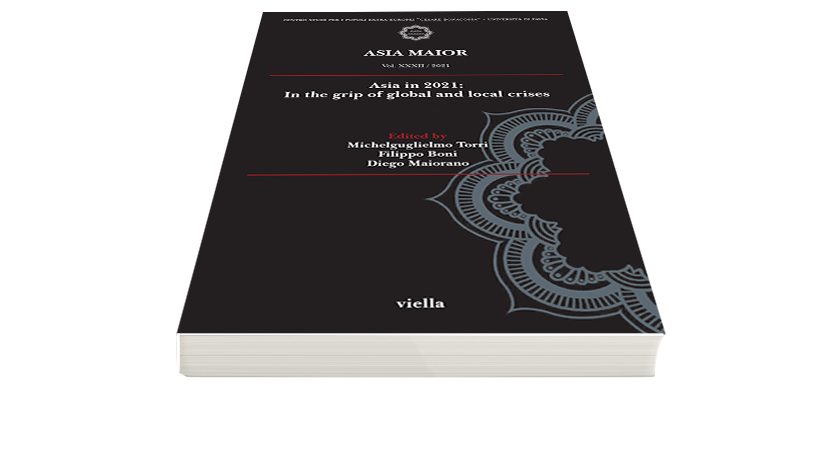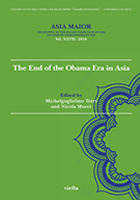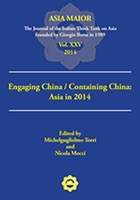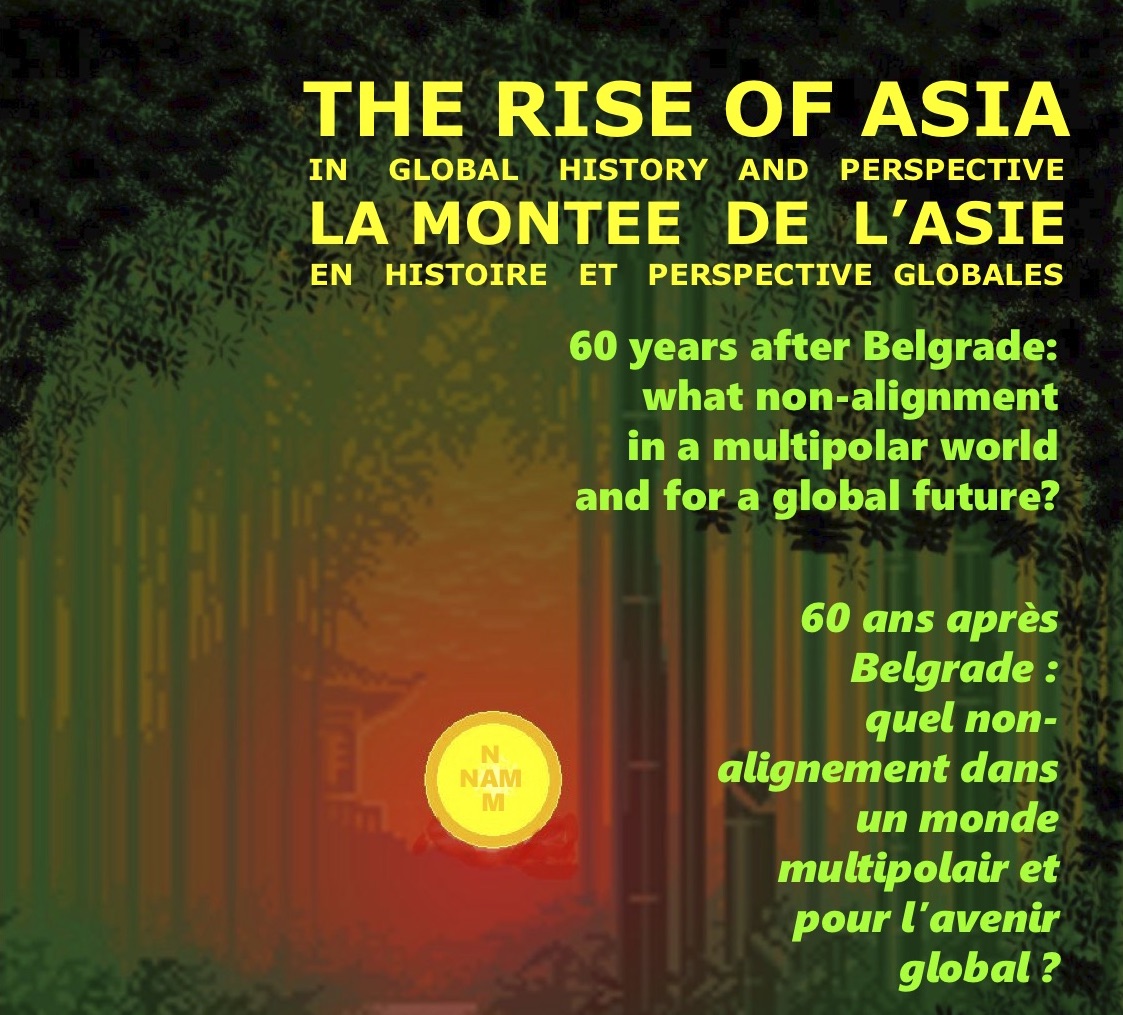Thailand 2016: The death of King Bhumibol and the deepening of the political crisis
Available also in pdf – Download Pdf –
A military coup in May 2014 was the last turn in a political crisis that has affected the country since the beginning of the century. As the country grew richer and its society more demanding, a quite liberal constitution had been approved in 1997, leading to a higher degree of democratization. However, the regional economic crisis 1997-98 immediately tested the new political framework as the country become more politically divided and socially polarized. In 2016 the military junta ruling the country succeeded in having a new constitutional project approved by a referendum, paving the way for the return of the country to a system of semi-democracy in which the royalist elites and the army will continue to maintain a fundamental political influence. As in previous occasions, the military coup had been presented as a needed step to protect the monarchy and the country, restoring peace and order. With the health of the old King Bhumibol becoming increasingly frail, however, it was evident that a major concern of the political forces then in power was to govern the royal succession. The death of King Bhumibol on 13 October was a watershed event for Thailand, putting an end to a reign that had lasted over seventy years. The advent to the throne of Maha Vajiralongkorn opened a new era in the country as the new King did not seem to have the same level of people support enjoyed by his father. This being the situation, the role of the monarchy – so far the ultimate arbiter in political life and a major economic player – may eventually change. A series of bombings, including in the royal sea resort of Hua Hin in August, proved that the problems in the three southern provinces with a predominantly Muslim population have not been solved. The country continues to face regional divides, which also include a strong resentment against the Bangkok elites in the northern and north-eastern regions were the deposed premier Thaksin Shinawatra continues to enjoy a solid consensus.





































